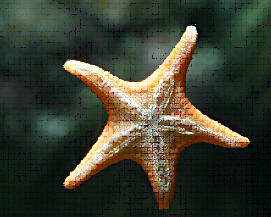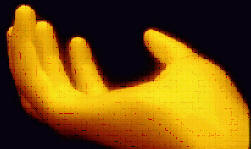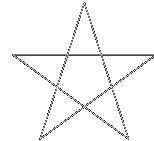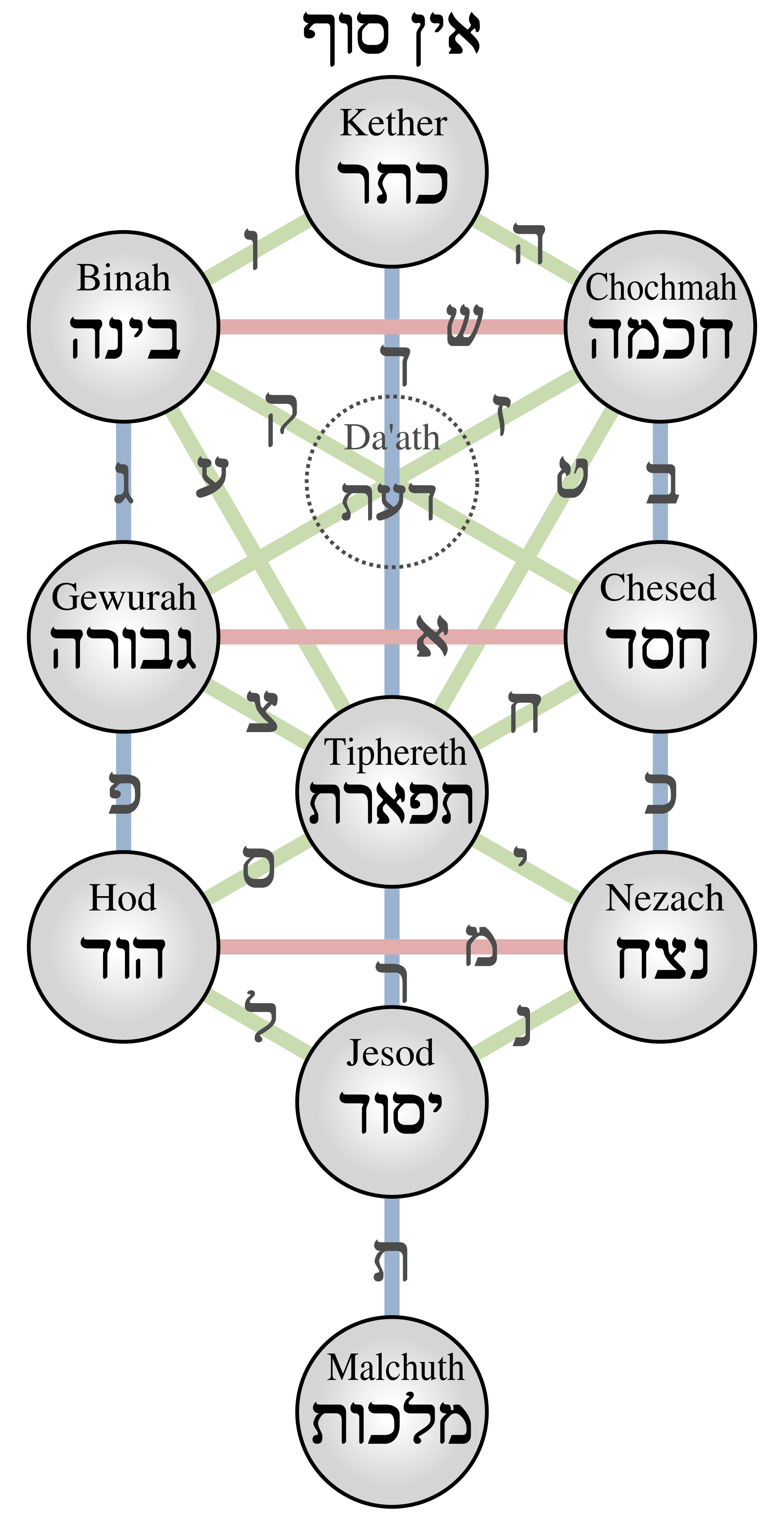|
The Pythagoreans
discovered the five regular solids
Botany Many flowers have 5 petals
Zoology Most starfishes have 5 rays, or arms
Anatomy
Human beengs have 5 fingers on each hand and 5 toes on each foot
This figure medieval scholars considered a microcosm symbol . Each line of a pentagram is divided into 3 smaller segments, and if you divide the length of the longer segment with the shorter segment of any pair of segments you will get 1.618033989... that is a golden ratio, also known as the golden proportion, golden mean, golden section, golden number, divine proportion or sectio divina Astronomy When viewed from Earth, the successive conjunctions of Venus plot the points of a pentagram around the Sun every eight years, returning to its starting point after a forty year cycle. 5 is a sum of the first even and odd numbers (2 + 3). (To the Pythagoreans 1 was not a number and was not odd.) It therefore symbolizes human life and—in the Platonic and Pythagorean traditions—marriage, as the sum of the female 2 and the male 3. In the Jewish kabbalistic tradition, the pentagram represents the five upper sephiroth on the Tree of Life- five numbers, being indivisible by any but themselves, which represent pure archetypal forces: justice, mercy, wisdom, understanding, and transcendent splendor.
|









